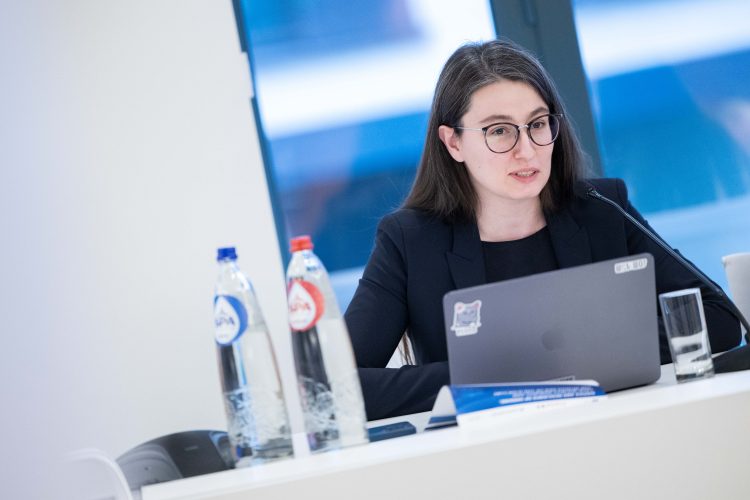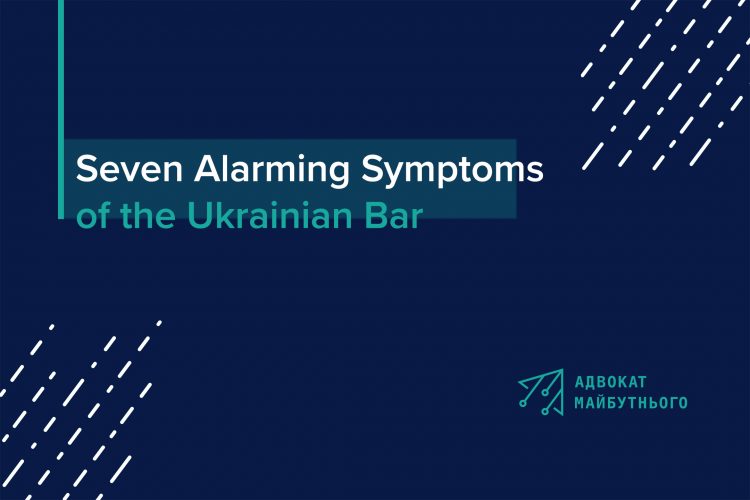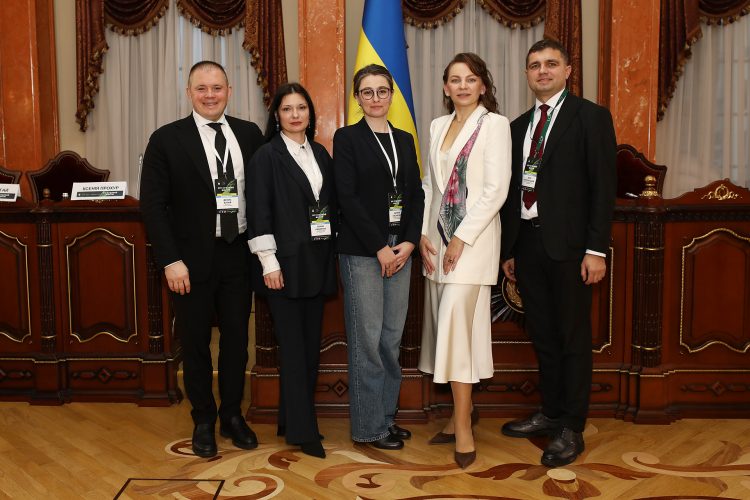
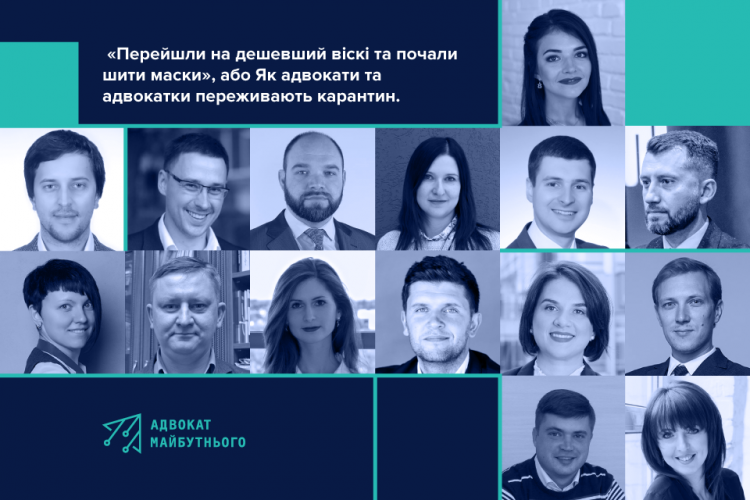
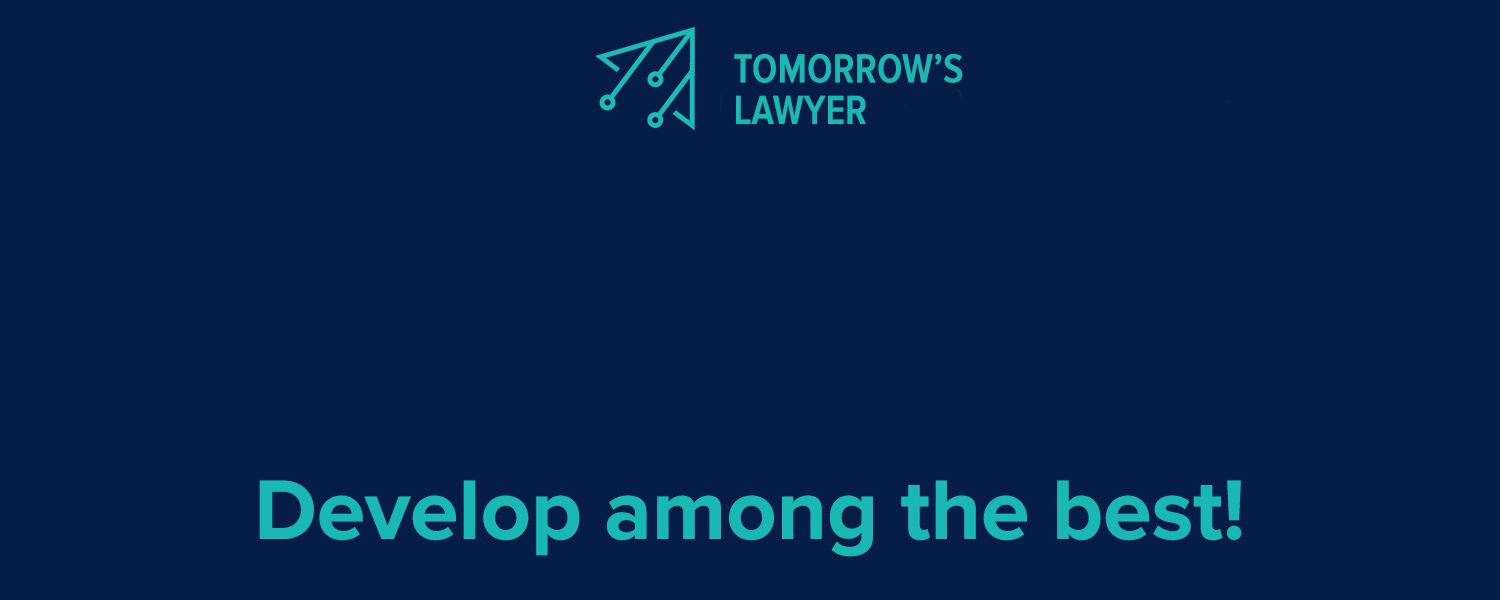
Cheaper Whiskey and Handmade Masks or How Lawyers Cope with Quarantine
How has the lawyers’ life changed during quarantine? Some of them had to switch to cheaper whiskey and someone preserved the tradition of “Friday Handouts” through video conferencing. What they have lost and what they have gained in the new online conditions.
Someone sews masks and distributes them on the street, someone launches free consultations for SME, and someone “brings truth to light” in social media or prays for e-court.
Who became addicted to working in pajamas and why quarantine did the most to save trees.
“Tomorrow’s Lawyer” spoke with Program graduates – lawyers from Lviv, Odesa, Kyiv, Kharkiv, Sumy, Kropyvnytsky, Cherkasy, Kherson and Lutsk.
You will not regret your time spared on this long-read. It will be of use to those who follow the community news, who are in search of inspiration and new working formats during quarantine, and seek advice of fellow lawyers.
“No handshake policy”
How has quarantine changed your work? Has the office completely switched to remote mode?
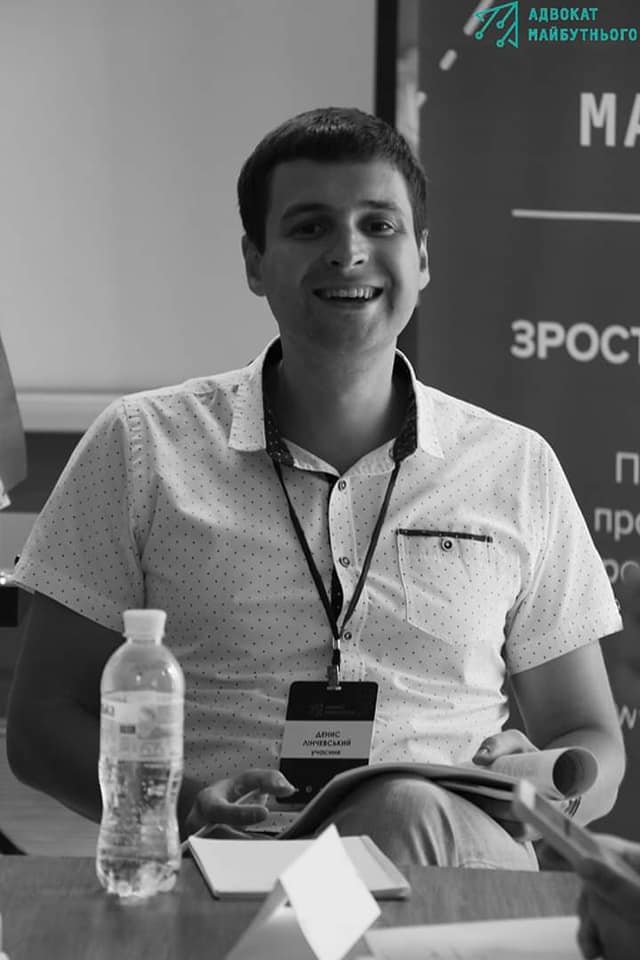 Denys Linchevskyi: For the most part, our lawyers work remotely now, although sometimes we need to come to the office for a while, because it is impossible to transfer all case files home.
Denys Linchevskyi: For the most part, our lawyers work remotely now, although sometimes we need to come to the office for a while, because it is impossible to transfer all case files home.
We apply a “no handshake policy”, trying to visit the office at а different time to minimize social contacts, disinfect the surfaces of the workplace, computer equipment and door handles, and almost no offline meetings with clients (exceptions – urgent and necessary cases).
Maksym Popov: We did not switch to remote mode in the first place due to the fact that we are the office of only three people. We provide personal safety using common safeguards (masks, antiseptics, etc.). However, our work format has changed:
- we only meet clients online;
- we send documents by electronic means only using a single digital signature.
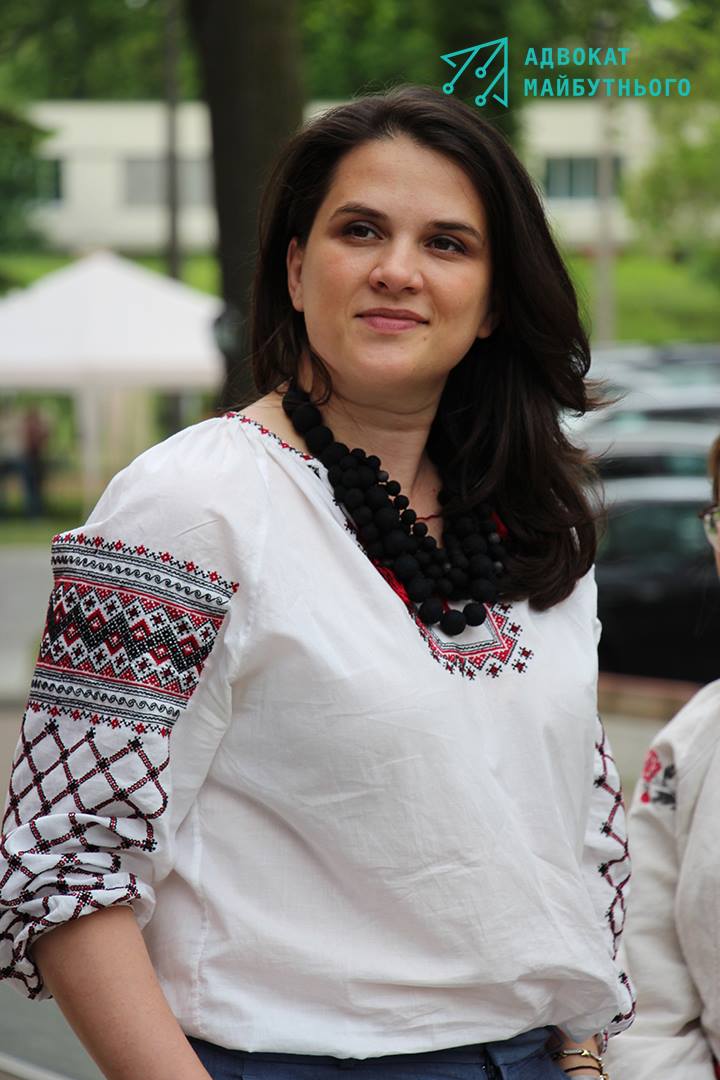 Andriana Kulchytska: I work with criminal cases, so our work in the office is organized in shifts. The schedule is adjusted as much as possible to the consideration of petitions and complaints in court sessions. Other work – drafting procedural documents, studying of materials, and communication with clients – we carry out from home.
Andriana Kulchytska: I work with criminal cases, so our work in the office is organized in shifts. The schedule is adjusted as much as possible to the consideration of petitions and complaints in court sessions. Other work – drafting procedural documents, studying of materials, and communication with clients – we carry out from home.
See the full article on the web site of the Program (available in Ukrainian)
***
The opinions expressed in this article are the authors’ own and do not reflect the position of the “Tomorrow’s Lawyer” Program, the Ukrainian Bar Association, the Bar Association of Legal Aid Providers, the Quality and Accessible Legal Aid in Ukraine Project, the Canadian Bureau for International Education, or the Government of Canada and the Law Enforcement Section of the United States Embassy in Ukraine.
“Tomorrow’s Lawyer” is a powerful network of lawyers uniting opinion leaders in the legal profession, who provide legal assistance in accordance with the highest ethical standards, act as agents of change in society and leaders in the professional community.
The “Tomorrow’s Lawyer” Program was launched in 2016 and first implemented within the “Quality and Accessible Legal Aid” Project, carried out by the Canadian Bureau for International Education with the support of the Government of Canada in cooperation with the Legal Aid Coordination Centre. It is currently being implemented and developed with the support of the US Embassy’s Law Enforcement Section in Ukraine, the “Tomorrow’s Lawyer” NGO, in partnership with the Ukrainian Bar Association and the Bar Association of Legal Aid Providers.
